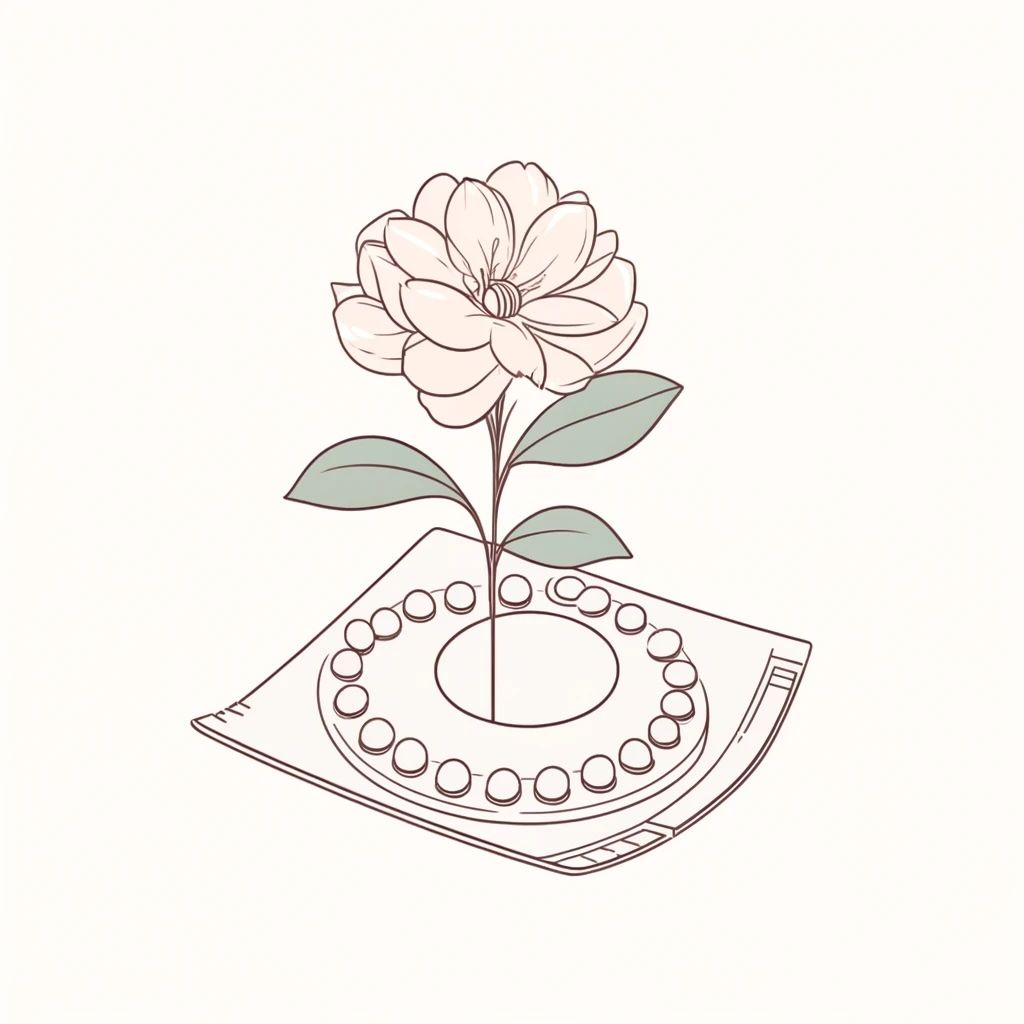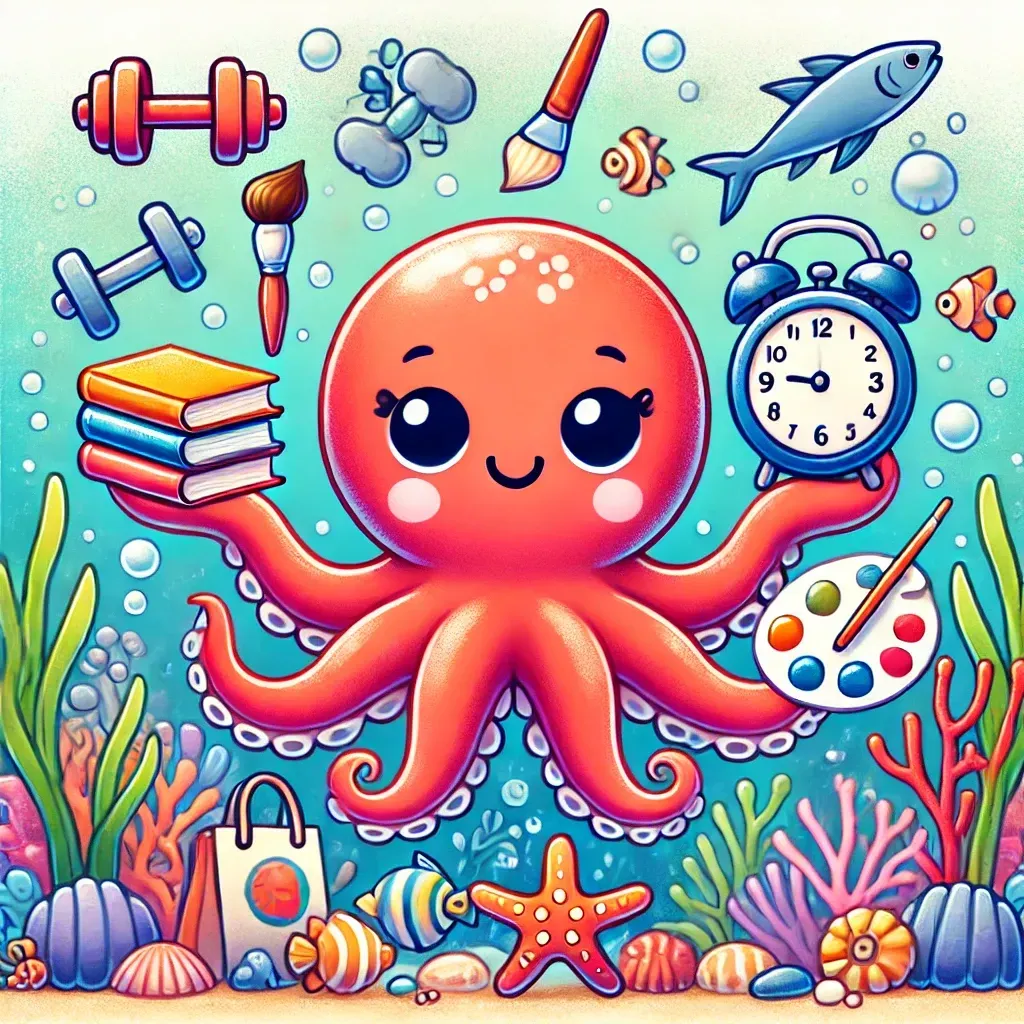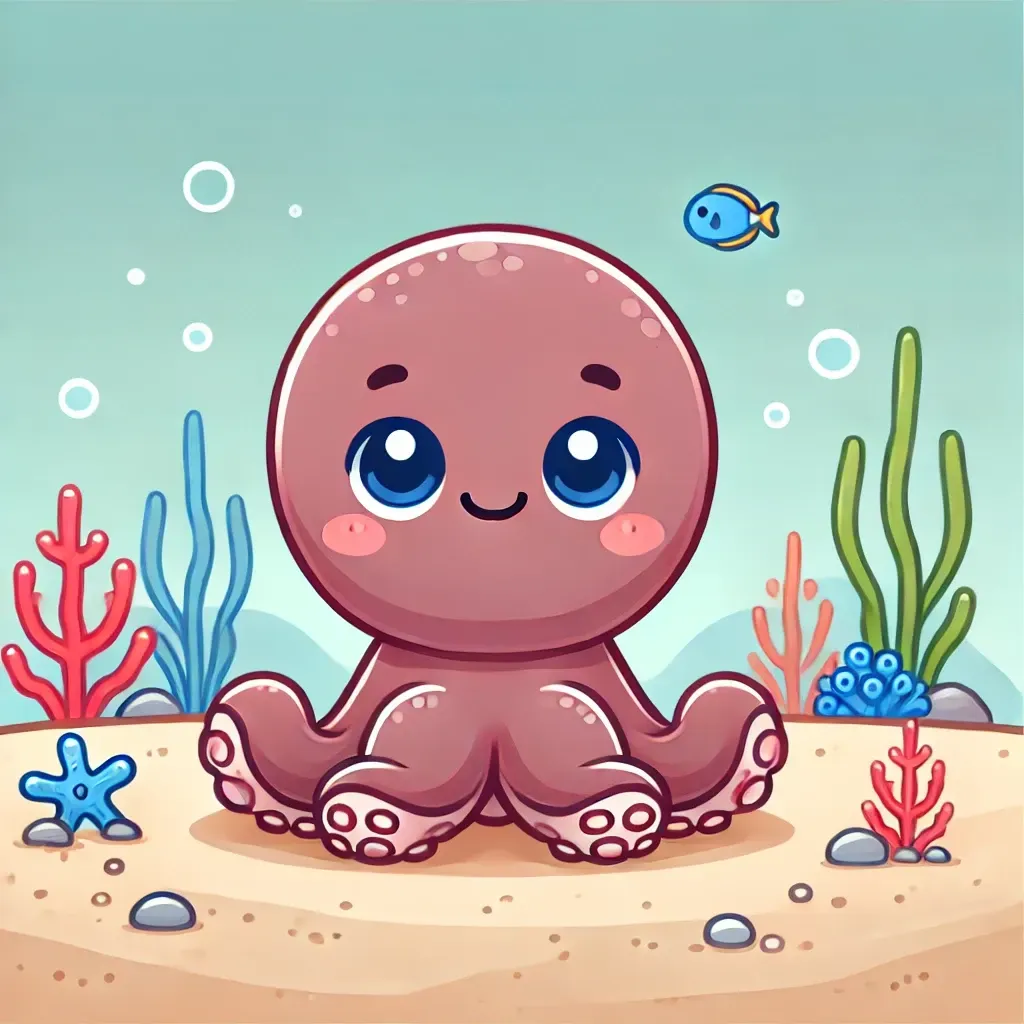Adult ADHD and Rejection Sensitivity: Breaking the Cycle of People-Pleasing

Key Takeaways
- Rejection Sensitivity in ADHD: Many adults with ADHD experience intense fear of rejection, leading to behaviors like people-pleasing and avoiding conflict to escape emotional pain.
- Impact on Self-Identity: These avoidance behaviors can cause individuals to lose touch with their true thoughts and desires, silencing parts of themselves in the process.
- Empowerment Through Understanding: Recognizing rejection sensitivity as part of the neurodivergent experience helps in understanding these behaviors and reclaiming personal boundaries.
- Embracing Neurodivergence: Accepting all aspects of oneself, including difficult emotions, leads to self-realization and growth, transforming fear into empowerment.
As someone who holds peace dear—avoiding conflict, drama, and challenging conversations at all costs—I've long wondered why I default to pleasing others, often at the expense of my own boundaries and desires. It wasn't until I delved into the complexities of Adult ADHD that I uncovered a compelling answer: rejection sensitivity.
Rejection sensitivity is a profound emotional response experienced by many adults with ADHD. It’s not merely a dislike of being turned down or criticized; it's an intense fear that can feel as real and immediate as a physical threat. For those of us with ADHD, the mere anticipation of rejection can trigger overwhelming anxiety, leading us to engage in behaviors designed to avoid that pain at all costs.
For years, this fear shaped much of my life. I molded myself into what I thought others wanted, a chameleon changing colors not for the beauty of diversity but out of a desperate need to belong and be accepted. This pleasing personality became my armor against the world's perceived harshness, a way to protect my sensitive soul from the stings of rejection.
However, this armor also kept me from truly engaging with life. Each time I sidestepped a difficult conversation or smoothed over my true thoughts to keep the peace, I wasn’t just avoiding conflict; I was silencing a part of myself. It was only by confronting this reality that I began to realize how much of me was lost in the shadows of appeasement.
The journey to reclaim my boundaries and understand my needs has been challenging yet enlightening. Learning about rejection sensitivity as part of the neurodivergent experience helped me see that my behaviors were not just personal quirks or moral failings but part of a broader neurological pattern.
Acknowledging this has been both liberating and empowering. It’s allowed me to start dismantling the walls I built around my heart and, slowly, to voice my thoughts and assert my needs with a newfound clarity. This process isn't just about saying "no" when needed but about discovering who I am beyond the fear of rejection.
To others on this journey, know that embracing your neurodivergence isn’t about changing who you are to fit a mold. It's about understanding and accepting all parts of yourself, including the ones that feel impossibly difficult to bear. It’s about transforming the fear of rejection into a stepping stone towards self-realization and growth.
So, let's continue to explore our minds and behaviors, not with judgment or fear, but with the courage to face whatever truths they reveal. Our sensitivities, our fears, and our dreams are all threads in the intricate tapestry of our identities. By weaving them together with awareness and compassion, we can craft a life that truly reflects our deepest selves.




